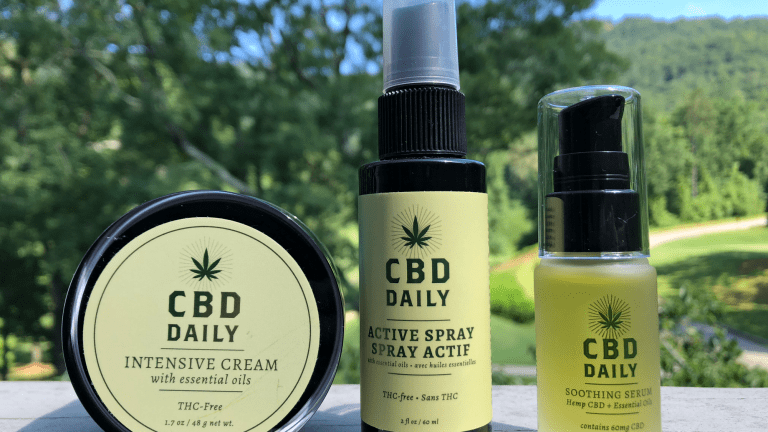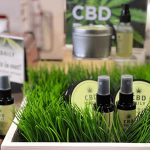CBD projected to be the next big ingredient in 2019 and well beyond. As a matter of fact, in 2018, CBD was everywhere thanks to plenty of media buzz. The omnipresent array of infused products boosted CBD to reach No. 3 on Google’s most popular search terms.
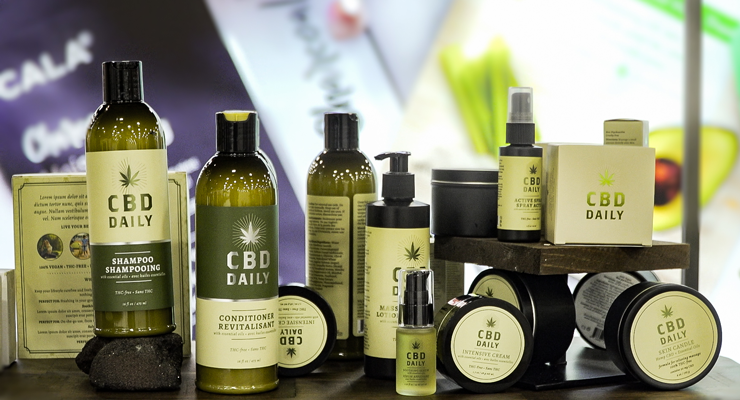
CBD Oil (Cannabidiol) is a naturally occurring cannabinoid constituent of cannabis, derived from hemp, that does not contain THC, and thus is not psychoactive. Unlike marijuana, derived from the cannabis sativa plant and which does contain THC, CBD is legal in all but four states and a growing number of countries.
New rules, new Industry
2018 saw passage of the Farm Bill, which could ultimately guarantee a steady, domestic supply of CBD sourced from hemp. Like the FDA, Congress acknowledged that not all cannabis compounds are equal, and removed hemp (cannabis sativa with THC levels under 0.3%) from the restrictions of the Controlled Substance Act.
CBD sales are expected to reach $20 billion by the final quarter of 2022 in the U.S. projected by the cannabis market research company which has the cannabis industry celebrating. According to the Hemp Business Journal here are some facts and figures.
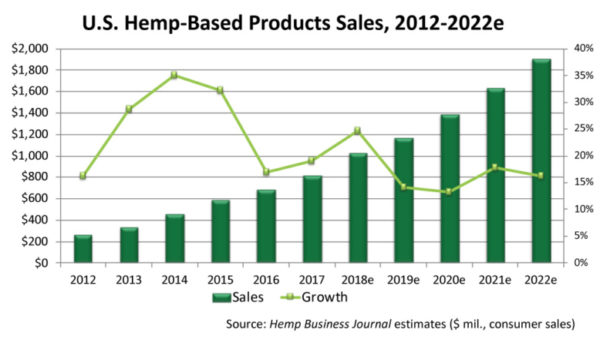
If you’re looking to get into the CBD game, beauty products are not your only options. CBD has a plethora of uses including textiles, personal care, supplements, pet care, food, and much more. Take a look at the pie chart below for sectors in the CBD industry, and who knows what else is just around the corner?
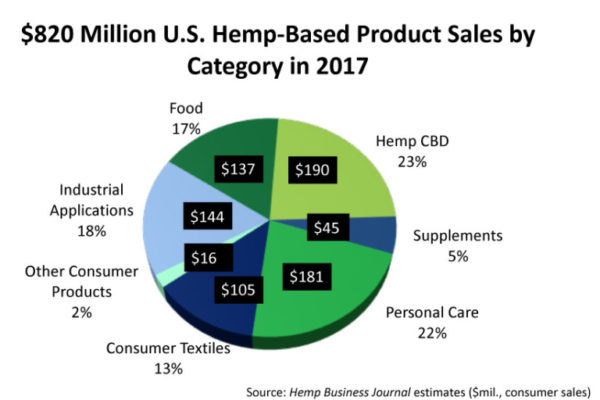
In addition, Forbes released a new article covering more on what 2019 could look like for the CBD industry:
CBD and its legality
The FDA, however, was quick to rein in the anticipated hemp-fest. FDA Commissioner Scott Gottlieb issued a statement just before Christmas declaring that, despite the new classification for hemp, any product containing cannabis or CBD is still subject to FDA regulation and prohibited for interstate commerce.
Still, a visit to any health food store or online search will show that the FDA’s warnings have been largely ineffectual in stanching the flow of CBD products. To stay on the safe side, manufacturers simply avoid making any explicit claims of therapeutic benefit on their product labels. This can leave older consumers dependent on the internet and social media for guidance on how, or at what dosage, a product can potentially benefit them. And because CBD products tend to be pricey, this becomes an expensive proposition with unclear outcomes, particularly for those older adults who may least be able to afford them.
Not just anyone can make good CBD products
With CBD products currently residing in the regulatory gray area between dietary supplements and medicine, there is good reason for older consumers to be cautious. A recent study evaluating the accuracy of labeling information on CBD products purchased online, published in the Journal of the American Medical Association, found that only about 30% of products sampled were accurately labeled regarding the levels of CBD and THC they contained.
Therefore as a result many were found to have CBD levels so low that any potential clinical value was negated. Others had THC levels high enough to give the unsuspecting consumer a slight buzz. For the many older adults who are strongly averse to experiencing any psychoactivity from a cannabis-sourced medication, a CBD product might deliver more than what they bargained for. CBD Daily makes it a point to be transparent, and has their results posted on the 3rd party testing section of our website.
Third Party Testing is a must!
Recognizing the urgency of this challenge, FDA Commissioner Gottlieb will soon be convening a public meeting to discuss CBD with interested stakeholders. What is certain is that until the authorities can figure out how to respond to the groundswell of demand for CBD products. Consumers will need to find out on their own how to evaluate and best administer the products they encounter. For older adults, this can be an extremely daunting task. In the meantime, it’s clear that, at the start of 2019, the need for uniform standards for manufacturing, testing, labeling and dosing of CBD products is already a pressing public health concern.
If you would like to check out our all-natural CBD line, check them out now at https://cbddailyproducts.com/.


